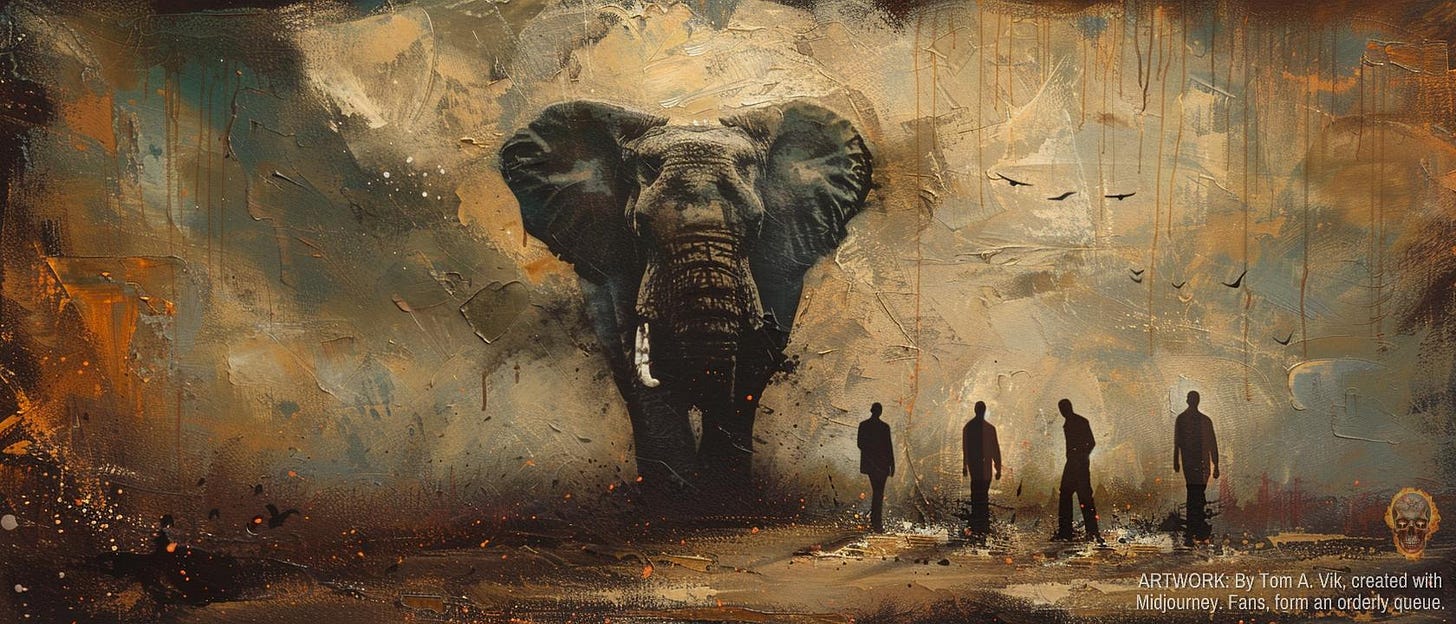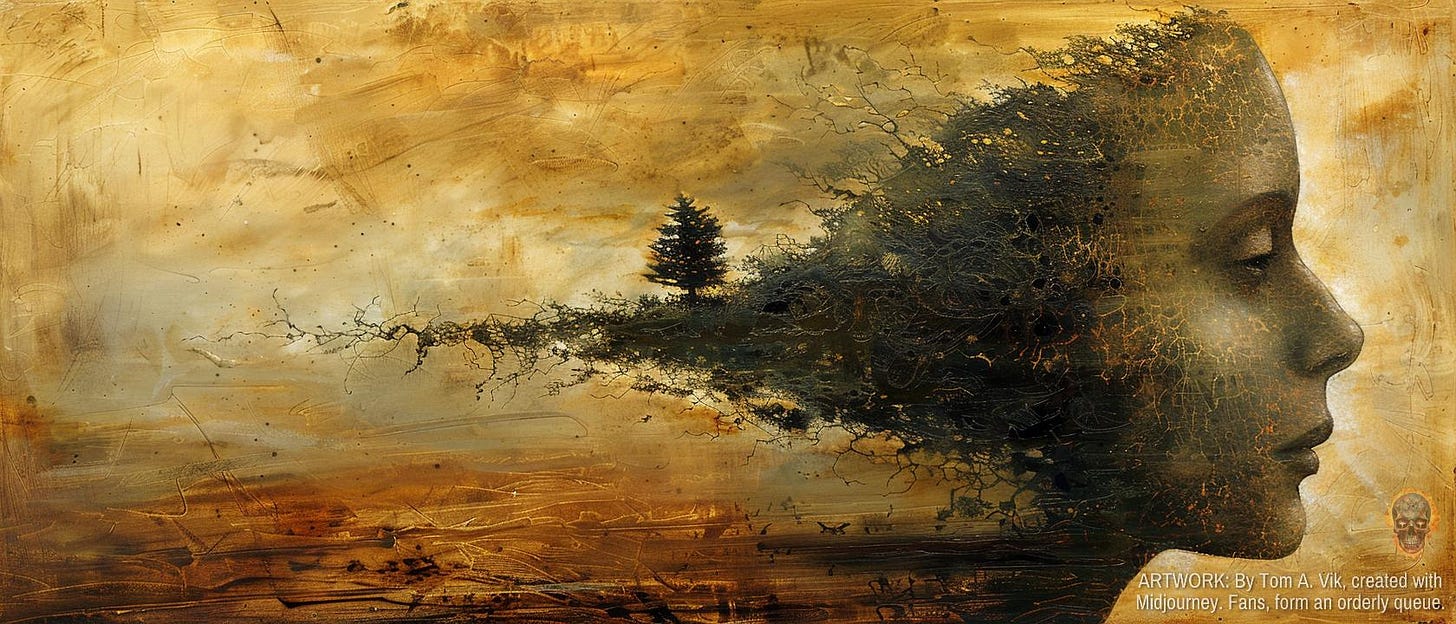3 Profound Reasons Why Our Existence Can't Be Verified Beyond Personal Experience
Human consciousness is a maze of perplexities.
At its core lies a question that gnaws at the fabric of reality: Can we truly verify our existence beyond personal experience? Let's tear through the veils of illusion…
…and dive into the heart of this existential dilemma.
1. The Illusion of Objectivity
Our world prides itself on objectivity.
Science, logic, and reason stand as the pillars of our understanding. But what if these pillars are built on sand? The illusion of objectivity crumbles when we realize that what we deem 'objective reality' is a mere collection of subjective experiences.
Imagine you're at a magic show. The magician's sleight of hand dazzles you, but it's all an illusion. Similarly, the so-called objective reality is a grand illusion orchestrated by our senses and mind. Everything we perceive is filtered through our personal lenses, colored by our emotions, beliefs, and biases. The moment we claim to be objective, we fall into the trap of mistaking our subjective experiences for universal truth. Our senses deceive us daily. The blue sky isn't blue; it's the way our eyes interpret scattered light.
Our sense of time is equally deceptive—time flies when we're happy and drags when we're bored. Objectivity is a comforting mirage, but a mirage nonetheless. The reality we experience is nothing more than a consensual hallucination…
…a shared dream.
2. The Subjective Nature of Perception
Let's delve deeper. If objectivity is an illusion, what about perception itself?
Perception is inherently subjective, a unique and personal experience that varies from one individual to another. Our senses are the gateways to the world, but these gateways are notoriously unreliable.
Consider the blind men and the elephant parable. Each man touches a different part of the elephant and concludes something different—one feels a trunk and thinks it's a snake; another touches a leg and believes it's a tree. Our perceptions are similarly fragmented and flawed. We grasp pieces of the elephant and mistake them for the whole. Our brain interprets sensory input based on past experiences, expectations, and conditioning.
We don't see the world as it is; we see it as we are. This subjective nature of perception means that no two people ever experience the same reality. Even our memories are colored by our current state of mind…
…making them unreliable narrators of our past.
3. The Unverifiable Reality
This brings us to the crux of the matter: reality itself is unverifiable.
If our senses are deceptive and our perceptions subjective, how can we claim to know anything for certain? The quest for external validation is futile because no external validation can transcend the truth of pure awareness.
Think of the story of Descartes, who doubted everything until he reached the famous conclusion, "I think, therefore I am." Even this, though, doesn't prove the existence of an external world; it only proves the existence of the thinking self. We are trapped within the confines of our own consciousness, unable to step outside and objectively verify the reality we experience.
Every scientific discovery, every philosophical insight, and every spiritual epiphany occurs within the realm of personal experience. They are but ripples in the vast ocean of consciousness. We can never step outside of ourselves to verify the external world…
…we can only experience it subjectively.
Embracing the Unknowable
So, what are we left with?
A sobering realization that our existence can't be verified beyond personal experience. This isn't a cause for despair but a call to deeper introspection.
If appearances deceive, then the only verifiable truth lies in pure awareness. Reality is a construct of our minds, a canvas painted with the colors of our perceptions. The deeper we delve into this realization, the more we understand that the search for external validation is a wild goose chase.
True enlightenment comes from recognizing the unverifiable nature of reality and turning inward to the only truth we can know—our awareness. So, ask yourself, what is more real—the world you see or the awareness that sees it? Strip away the illusions, and you'll find that awareness is the bedrock of existence. Everything else is a shadow play, a dance of light and darkness on the walls of the mind.
In the end, we are not seekers of truth but creators of it. Reality is what we make of it, and our journey is to awaken to this profound truth. Embrace the subjective nature of your experience, and let go of the need for external validation. In doing so, you transcend the illusion…
…and step into the boundless realm of pure awareness.








